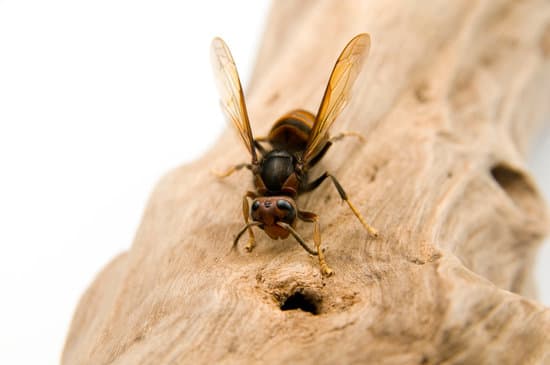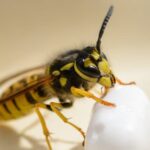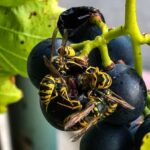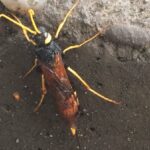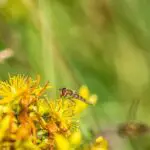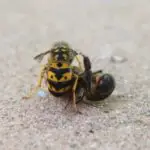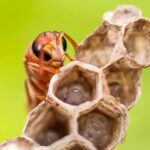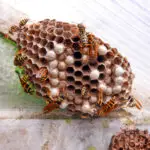Can Parasitic Wasps Lay Eggs in Humans?
Generally, it’s not very easy to tell whether parasitic wasps lay eggs in humans or not. However, many people still ask this question.
Parasitic wasps are actually beneficial for humans. These insects help control populations of agricultural pests and native pests. They also help to control invasive species. They are often referred to as a major natural enemy.
The parasitic wasps’ life cycle consists of four parts. In the beginning, a female parasitic wasp inserts an egg with an ovipositor into the body of a live insect. The ovipositor, which looks like a stinger, is usually long and sharp. The ovipositor pierces the skin of the host and adheres the egg to its surface.
Once the egg hatches, the parasitic wasp larvae grow inside the host and feed on its tissue. The adult parasitic wasp is usually less than an inch in size. It has two pairs of wings, and it lacks the venom glands of most common wasps.
While parasitic wasps have evolved to be able to tolerate the mammalian immune system, they are still not potent enough for humans to kill them. Their poison is not very potent, and their eggs are destroyed by the immune system of mammals. So, while parasitic wasps can lay eggs in humans, they are unlikely to attack humans.
The wasps’ life cycle takes a full year to complete. In the early stages of the cycle, parasitic wasps feed on pollen, nectar, and the food of their host. Once the parasitic wasp’s adult stage is complete, the wasps fly off to continue the cycle.
